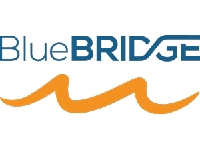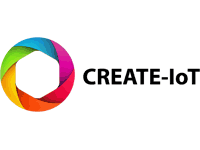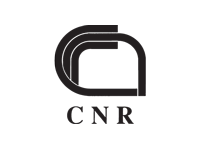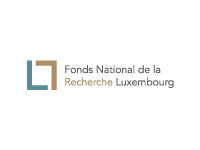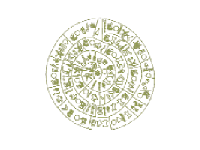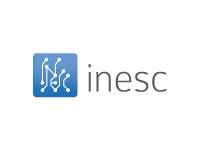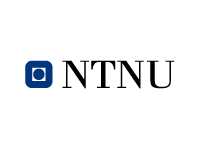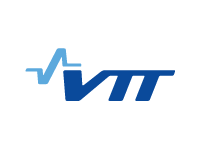Sidebar

Special: Digital Humanities
Next issue: January 2018 - Quantum Computing (call for contributions)

Cooperating for Excellence in Research
ERCIM - the European Research Consortium for Informatics and Mathematics - aims to foster collaborative work within the European research community and to increase co-operation with European industry. Leading European research institutes are members of ERCIM.
Latest News
W3C Workshop: WebVR Authoring: Opportunities and Challenges
ERCIM invites researchers to participate in the workshop "WebVR Authoring: Opportunities and Challenges" in Brussels, 5-7 December 2017. The event is organised by W3C and hosted by DigitYser. The primary goal of the workshop is to bring together WebVR stakeholders to identify unexploited opportunities as well as technical gaps in WebVR authoring.
ERCIM fall meetings 2017 in Lisbon
The ERCIM fall meetings 2017 will be hosted by our member INESC at Nova University Lisbon from Sunday 22 - Tuesday 24 October 2017. The ERCIM meetings are held in conjunction with the European Computer Science Summit (ECSS 2017). For detailed information and registration, see https://www.ercim.eu/events/ercim-days
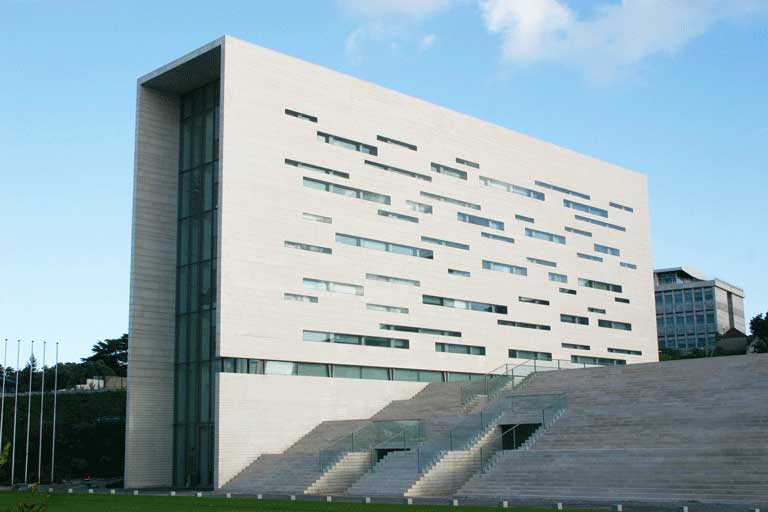

Pictures show the rectory building of NOVA University of Lisbon (© NOVA University of Lisbon) and a view of Lisbon (source: skitterphoto.com)
VRE4EIC empowers environmental data-driven science
VRE4EIC, an H2020 European research project, coordinated a week of project meetings in Rome 11-15 September 2017 bringing together representatives of major European initiatives involved in environmental multidisciplinary data-driven science.
ERCIM spring meetings 2017 and First ERCIM workshop on Blockchain Technology

The ERCIM spring meetings 2017 were hosted by Inria on 23-24 May in Paris
As part of the 2017 ERCIM spring meetings in Paris, ERCIM held a half-day workshop on blockchain technology on May 23 2017. Co-chaired by Georges Gonthier (Inria) and Wolfgang Prinz (Fraunhofer FIT), the workshop provided a high-level overview of blockchain technology and its opportunities for computer science research to the senior-level workshop attendees. The attendees included executives of ERCIM member institutes as well as a number of researchers (see list of attendees).
Virtual Research Environments: How Researchers Really Collaborate
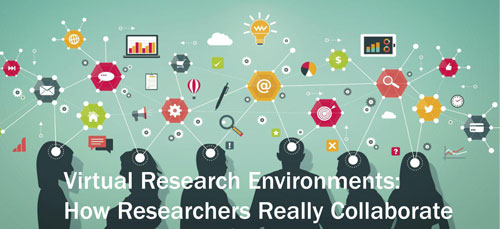
ERCIM is taking a leading role in Europe for driving research activities in VRE. This demonstrated by the contributions featured in a section of of ERCIM News 109. How researchers collaborate is per se a research topic! Many scientific problems are related across different domains: for example, the global climate changes involve knowledge from eco-system, ocean, atmosphere and earth as well as from energy science and human-related activity modelling. Scientists face great challenges in handling collaboration among different disciplines and in modelling and discovering knowledge in massively available data from a wide diversity of domains. Today, data-driven approaches are considered as good alternatives to drive scientific research activities.
Read the whole section at https://ercim-news.ercim.eu/en109/research-and-society-virtual-research-environments






